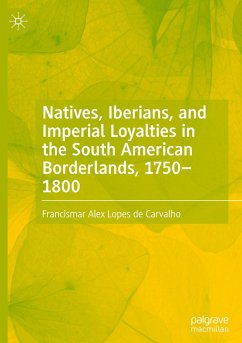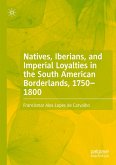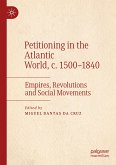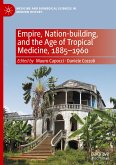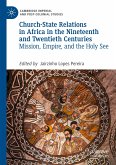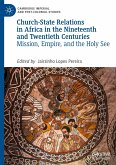This book examines the efforts of Spaniards and Portuguese to attract Native peoples and other settlers to the villages, missions, and fortifications they installed in a disputed area between present-day Brazil, Bolivia, and Paraguay. The first part examines how autonomous Native peoples and those who lived in the Jesuit missions responded to the Indigenous policies the Iberian crowns initiated following the 1768 expulsion of the Society of Jesus. The second part examines military recruitment and supply circuits, showing how the political centers' strategy of transferring part of the costs and delegating responsibilities to local sectors shaped interactions between officers, soldiers, Natives, and other inhabitants. Moving beyond national approaches, the book shows how both Iberian empires influenced each other and the lives of the diverse peoples who inhabited the border regions.
"This is an excellent study based on extensive archival research that sheds new light on the contingent loyalties and fragile imperial rule that characterized the South American borderlands in the late colonial period. It makes an important contribution by adopting an ''entangled' history approach' attentive to Indigenous agency and transcending national narratives ... . It will be of great interest to historians of Indigenous colonial relations, imperial competition, frontier spaces, and the Iberian world in the Americas." (Guillaume Candela, Hispanic American Historical Review, Vol. 104 (1), February, 2024)

